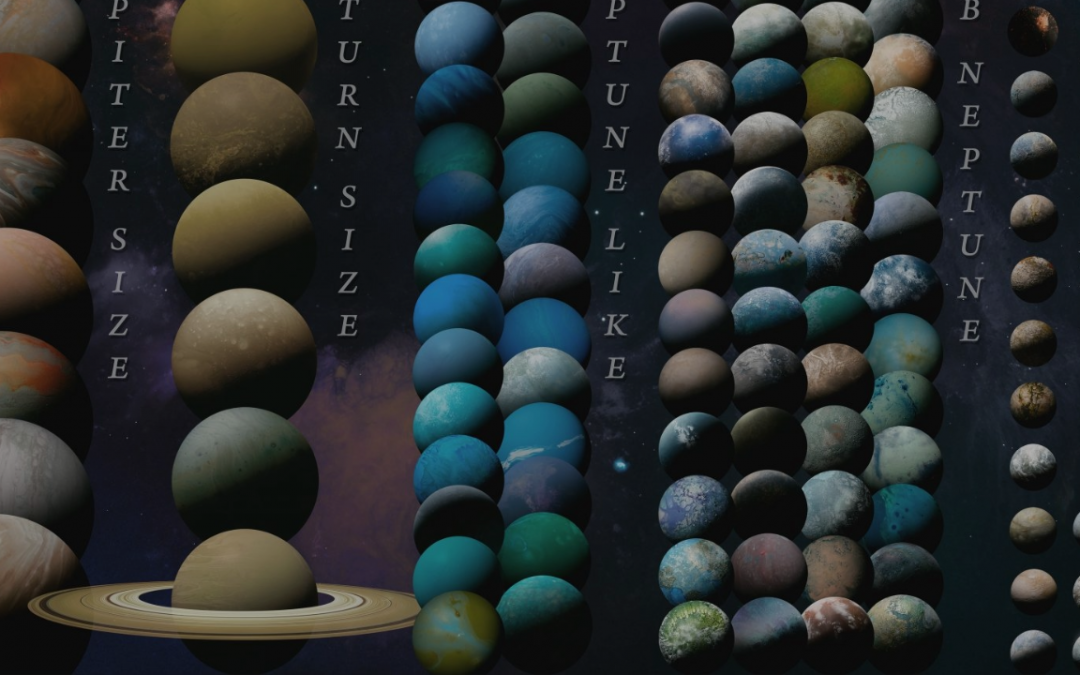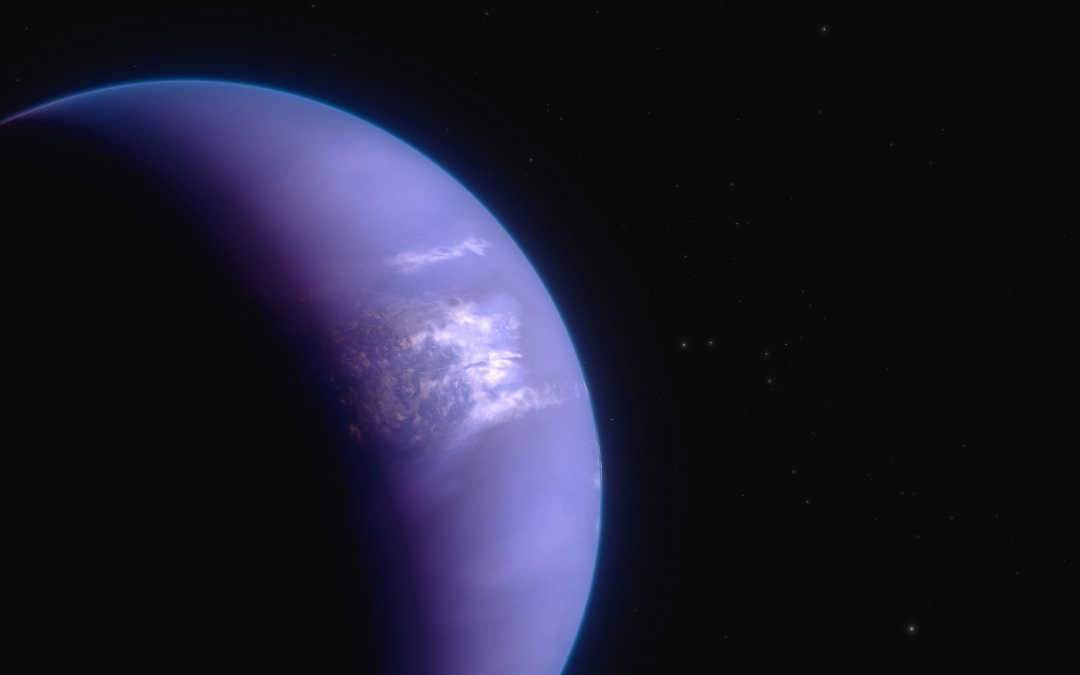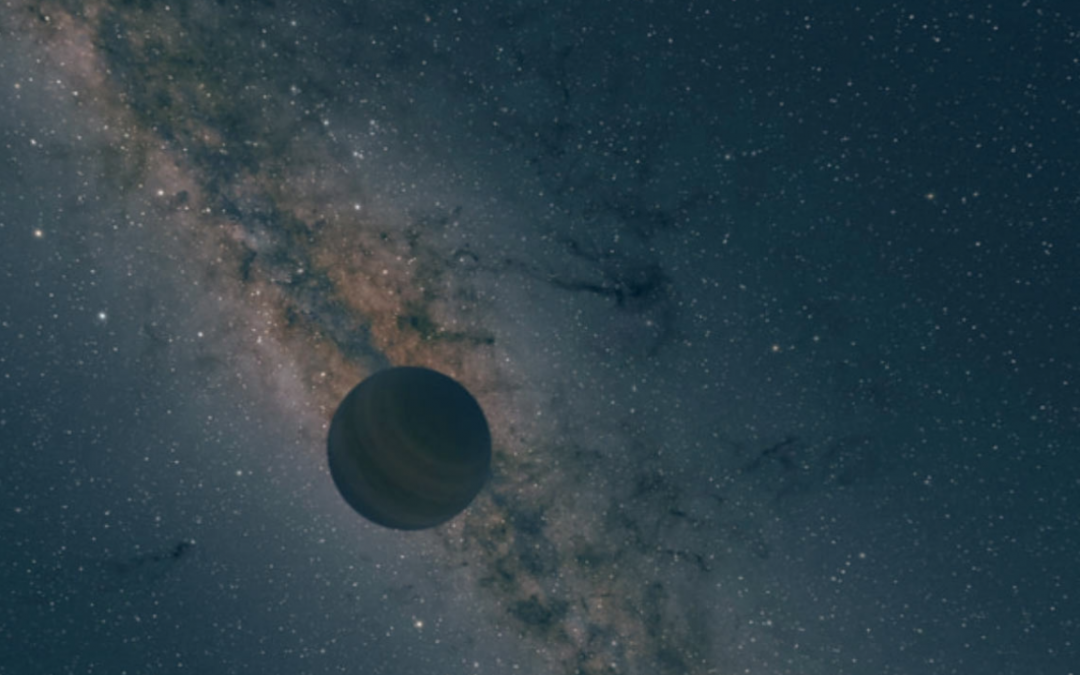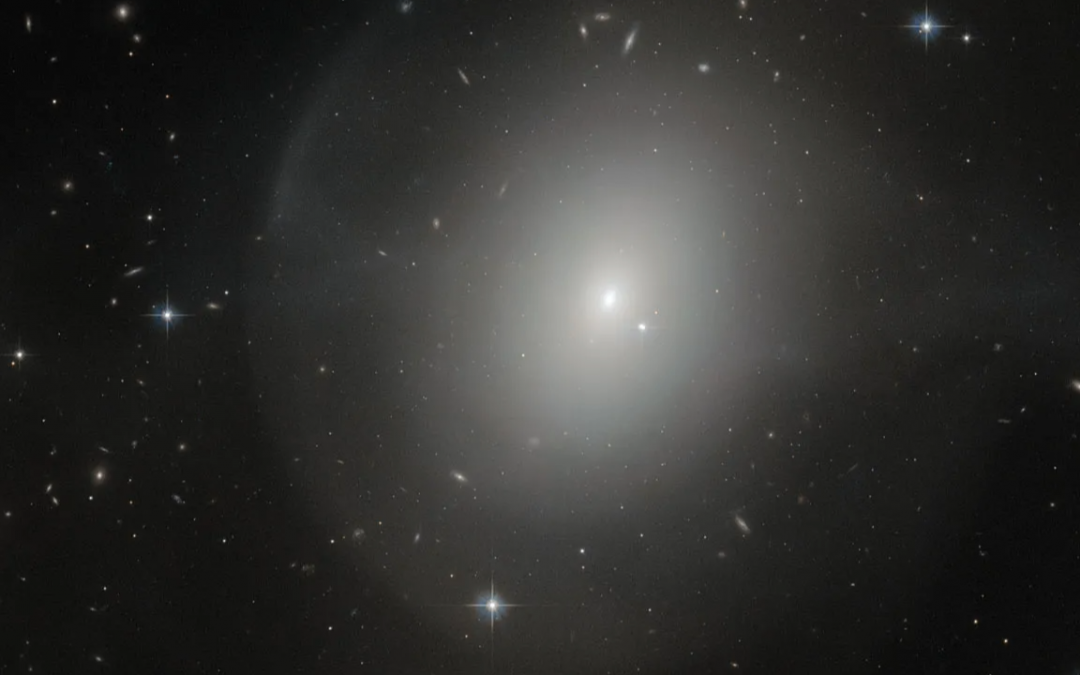Astronomers have discovered thousands of exoplanets, revealing entirely new types of worlds that we don’t have in the Solar System. It is enough to start getting a rough sense of what kinds of planets are out there. What’s the big picture? Show Notes Our World in Data...











